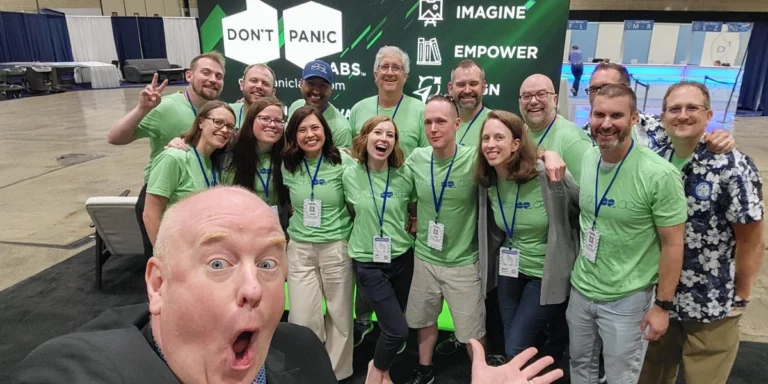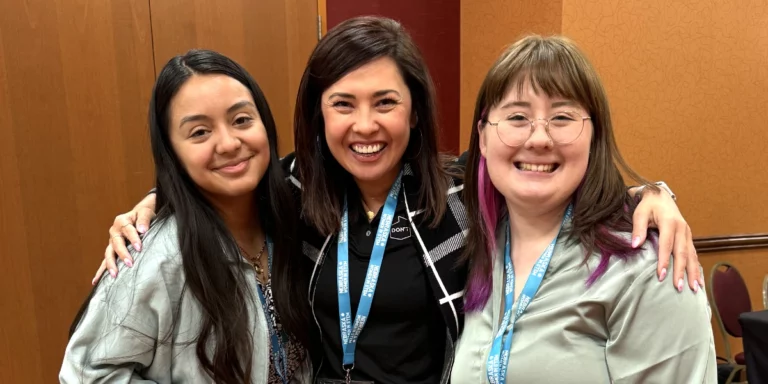
Getting to the Core
During a recent 1-on-1, I was asked about how I developed my ability to summarize thoughts succinctly and how that person could develop that skill as well. The question candidly caught me a little off guard.
The question came from a recent meeting where a partner had spent a solid 5-10 minutes outlining the challenges and opportunities they faced. At the end of that debrief, I shared an Invision board with about five cards on it, each with a short statement. Everyone in the room agreed I had captured the core of the thoughts that were shared.
Summarizing like this isn’t something I actively think about—it’s become routine for me. I hadn’t necessarily thought about myself as having a great ability to do this either, so being asked was humbling on its own. Then came thoughts of “How did I develop this?” and “Is it a skill that can be learned, or some ability I’m fortunate enough to have since I don’t consciously think about it?”
I proceeded forward assuming it had to be a skill I learned along the way. As I thought more about it, I zeroed in on a few unique experiences I had that may have contributed to developing this skill. Here are a few of the ideas I shared that might help one grow in that area:
- Engage in Active Listening – It’s never enough to just intently listen. Ask a couple questions back to make sure you heard the other person correctly. Your question may also foster a new thought in the speaker as well.
- Seek Out a Breadth of Different Experiences/Perspectives – I’m fortunate enough that I’ve been in a lot of roles in my career. I started farming, performed IT consulting, software development, project management, agile coaching, teaching, product management, sales, innovation consulting, and company leadership. This wide range of experience around similar threads has helped me to see the same situation more holistically and through different lenses. In lieu of doing each of the roles, try to think about a situation from the perspective of that person. And if you’re not able to, seek a person out who is doing that role and ask them how they’d think about a situation.
- Gain a Lot of Reps – In addition to learning to consider breadth of perspective, the act of listening and summarizing back to a group in different situations over and over will inherently build that skill. The group will give you real-time feedback and you will continue to improve each and every time.
- Look for and Leverage Patterns – In the particular meeting that was referenced, I think some of my ability to summarize was actually because I had heard similar thoughts before. Although they were from other partners and we actively worked through what was really at the core, I was able to take a bit of a short-cut and summarize based on similar statements / fact patterns.
Since I wasn’t fully confident in my answer, I thought about who I admire as doing this really well. I also shared a couple of names and suggested that my co-worker ask them the same question. I suspect those individuals will either share some similar ideas for developing the skill and re-enforce my answer, or provide some additional ideas that may be even more helpful. I can’t wait to follow-up and see what my co-worker learned from those conversations.
I walked away from this 1-on-1 thinking I had to share this experience for a few reasons. First, I hope that some of the thoughts I shared will help you build your summarization skills. Second, there are things you do and take for granted that others wish they were better at. I believe this to be universally true and hope that statement helps anyone who’s struggling with confidence or imposter syndrome. Third, never hesitate to ask someone how to grow a skill you see them having. In addition to learning a nugget, you’ll make their day. Finally, remember there’s always value in gaining multiple perspectives. Don’t ever hesitate to help nudge someone to get a couple more in addition to your own.



